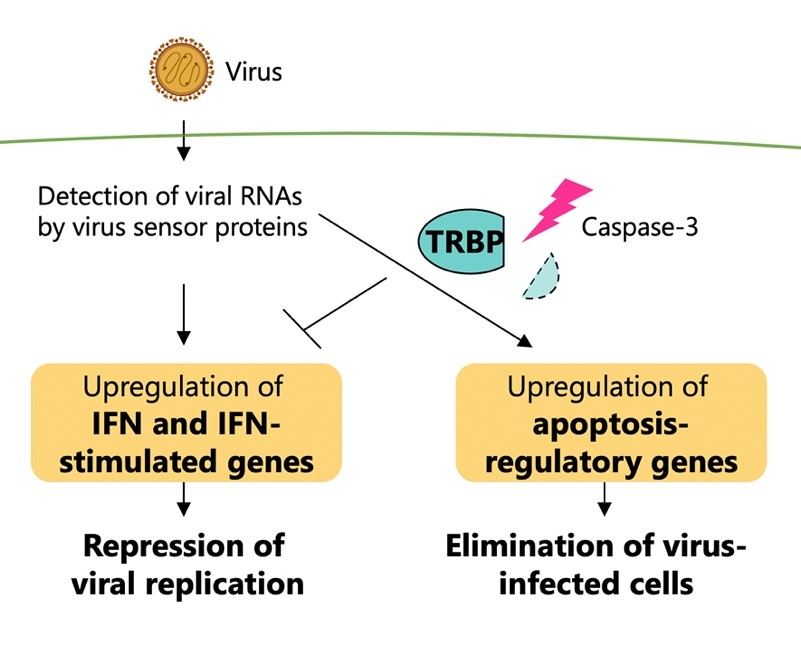With the spread of COVID-19 and the outbreak of a global health emergency, rights and freedoms that would never normally be curtailed are increasingly being subject to government-imposed restrictions.
While many in the community see the sense and benefit of these restrictions, others have begun to wonder how far, legally, these may go. This raises the concurrent question of, once the emergency has been resolved, when and how will governments roll back such conditions?
Some answers can be found in how governments used law to regulate life in Australia during another great emergency – the First World War.
In her new book Law in War: Freedom and restriction in Australia during the Great War, Associate Professor Catherine Bond from UNSW examines how everyday rights and freedoms were restricted by law over this period. The book explores the lives of individuals who interacted with and were impacted by these laws – those who wrote them, enforced them, were interned or imprisoned by them, among others – exposing how law was used as a tool of oppression and discrimination during this time.
The book also reveals how many modern laws contain provisions similar to those used over the course of hostilities, in areas including freedom of association, mandatary detention and deportation.
More recently, however, there are also concerning parallels with those being created in relation to the current COVID-19 crisis.
Legislation passed by the NSW Parliament on 24 March 2020, for example, grants broad powers to the NSW Government to create regulations in a range of areas, with no requirements that such regulations be reviewed by Parliament. This was a common form of governing in the First World War, enabled by a now-infamous statute passed by the Federal Parliament, the War Precautions Act.
That law allowed the Federal Government to introduce regulations it deemed necessary for ensuring the ‘public safety and defence’ of Australia. As a result, during the First World War, hundreds of new rules were introduced to control countless areas of daily life.
“In World War I, the government was passing laws that it felt would best protect the public,” Associate Professor Bond says.
“Today, we are seeing a similar situation occur with the coronavirus pandemic – governments creating new policies and laws where it feels such changes are needed to protect the public, whether this is by mandating self-isolation after international flights, shutting down Bondi Beach, or now, perhaps most significantly, limiting the reasons that individuals are able to leave their homes.” 2
Filled with colourful, deeply personal and thought-provoking stories, Law in War: Freedom and restriction in Australia during the Great War is both an exposé on how far governments will go in the name of ‘public safety and defence’, and a call to arms for vigilance over the repeal of everyday rights and freedoms.
Catherine Bond’s book Law in War: Freedom and restriction in Australia during the Great War will be published by NewSouth in April 2020.
The UNSW Newsroom article can be viewed here.








